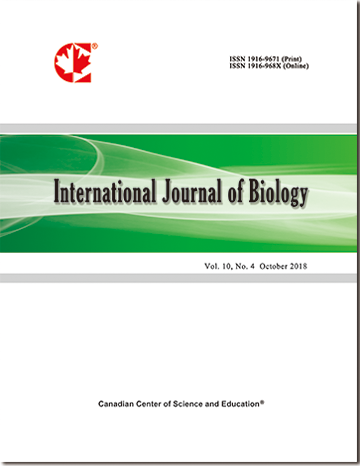Neuroanthropology: Olfactory Recognition of the Self / Non-self by the Ancestral MHC: An EEG Study
- Emma Marxer-Tobler
- Jaime Pineda
Abstract
Humans naturally discriminate between different ethnic group members using visual and other sensory information, including the sense of smell. The genetic diversity of humans serves as biological and social sign stimuli in the neural self/non-self recognition process. As already evident, the major histocompatibility complex (MHC) encodes both an individual self and a shared ancestral self into the body odor. In a pilot study, we examine the brain-evoked responses to ancestral encoded body odors by conducting an olfactory EEG recording of four different groups: Germans, Taiwanese, Koreans, and Chinese. Results show that humans recognize in-group members as familiar and they exhibit practically identical rhythmic EEG patterns to one’s own odor as it pertains to the ancestral in-group odors. This reveals their genetic relatedness. It is hereby demonstrated that shared ethnicity results in behaviors (both group-protective and pro-social) that are important to intra- and inter-group dynamics.  PDF
PDF
